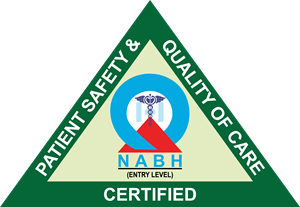- Saibaba Nagar Mira Road
Sheetal Nagar Mira Road
Bhayandar East
- +91 9882989844
+91 7059777444
+91 7059777222
- gshforyou@gmail.com
smk.gurukrupa@gmail.com
tpagurukrupa@gmail.com
Ayurveda
Ayurveda is considered by many scholars to be the oldest healing science. In Sanskrit, Ayurveda means “The Science of Life.” Ayurvedic knowledge originated in India more than 5,000 years ago and is often called the “Mother of All Healing.” It stems from the ancient Vedic culture and was taught for many thousands of years in an oral tradition from accomplished masters to their disciples. Some of this knowledge was set to print a few thousand years ago, but much of it is inaccessible. The principles of many of the natural healing systems now familiar in the West have their roots in Ayurveda, including Homeopathy and Polarity Therapy.
Ayurveda places great emphasis on prevention and encourages the maintenance of health through close attention to balance in one’s life, right thinking, diet, lifestyle and the use of herbs. Knowledge of Ayurveda enables one to understand how to create this balance of body, mind and consciousness according to one’s own individual constitution and how to make lifestyle changes to bring about and maintain this balance.

Ayurveda as a Complementary System of Healing
The basic difference between Ayurveda and Western allopathic medicine is important to understand. Western allopathic medicine currently tends to focus on symptomatology and disease, and primarily uses drugs and surgery to rid the body of pathogens or diseased tissue. Many lives have been saved by this approach. In fact, surgery is encompassed by Ayurveda.
However, drugs, because of their toxicity, often weaken the body. Ayurveda does not focus on disease. Rather, Ayurveda maintains that all life must be supported by energy in balance. When there is minimal stress and the flow of energy within a person is balanced, the body’s natural defense systems will be strong and can more easily defend against disease. It must be emphasized that Ayurveda is not a substitute for Western allopathic medicine.



